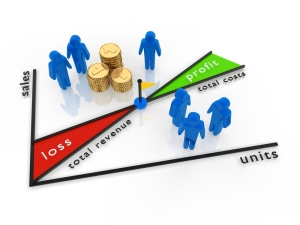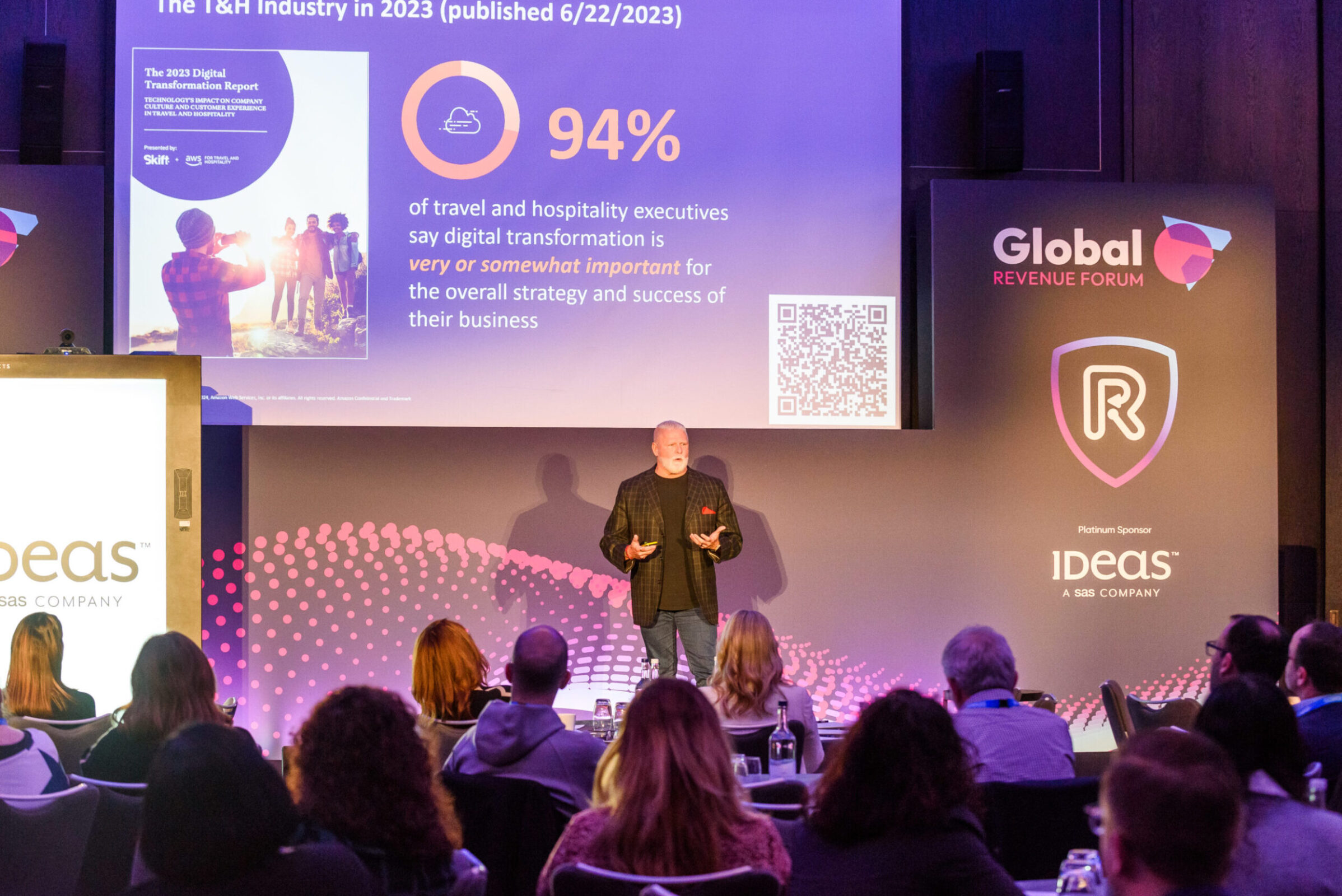At the HSMAI Revenue Optimization Conference, held in June in Baltimore, conference speakers predicted that the distribution landscape will shift dramatically and that revenue managers’ focus on RevPAR will be superseded by total revenue and profitability.
One of the panel discussions at the conference featured Greg Cross, senior vice president, revenue management, Hyatt Hotels Corp., Chicago. Cross mentioned in his subsequent interview for HOTELS magazine that RevPAR wasn’t being used now in the way it was originally intended. “RevPAR index data was never intended to be aggregated and used as a financial compensation tool. It was never intended to be used in performance tests by owners to determine if hotels were being well managed by management companies.” See the full HOTELS Magazine article by Nathan Greenhalgh for more information.
Cross commented on RevPAR index being unsatisfactory as a tool for financial incentives for revenue managers since it didn’t sufficiently reflect e bottom line profitability and has become a key driver in the growth of a generation of revenue managers that build occupancy to achieve targets by driving sales through low profit (Opaque) sites.
A recent report from TRI’s HotStats put forward TrevPAR (Total RevPAR) as a superior benchmark to RevPAR, – through measuring total revenues across all operating departments in addition to rooms revenue – which of course it is. The upside of RevPAR is that it is an industry benchmark that is well recognised and one that most hoteliers are comfortable about using as an external benchmark for performance measurement. However getting hotels to share TrevPAR figures is not as easy and whilst performance figures from companies such as HotStats do offer a consistent methodology for measurement, outside of this getting to the final TrevPAR figure may be arrived at through many different routes, making it less reliable as a performance benchmark, outside of these defined programmes.
That said, the practice of Total Revenue Management, by measuring total guest spend and profitability per market segment, is increasingly enabling hotels to discover and maximise profitability across the entire property. So what does it mean, and where do you start in setting up a Total Revenue Management strategy?
Setting up a total revenue management programme is not for the weak-hearted and involves tracking spend across all revenue streams, including meeting rooms, the restaurant, the Spa, minibar, leisure facilities such as golf, pay TV and other revenue streams.
Tracking spend means the introduction of additional performance measurements, such as RevPSQM Revenue Per Square Meter in the case of conference space, or the alternate, RevPAMR Revenue Per Available Meeting Room, RevPAOLH Revenue per Available Operative Labour Hour, in the case of the Spa, and RevPASH Revenue per Available Seat Hour in the case of the Restaurant. These measurements need to be integrated into the operation, as performance targets, onto the balance sheet and into the weekly revenue meeting.
The first stage of a programme involves identifying the constituent revenue streams to be tracked, and the introduction of the concept to the relevant departments. Invariably this means an expansion of the revenue management role beyond Rooms revenue management and identifying who will take overall responsibility for the programme. In many cases this represent a far more commercial approach than expected from the rooms revenue manager.
Once a team is assembled the programme starts with tracking spend per market segment and identifying the costs associated with each item in the revenue stream thereby driving out profitability figures. This will most certainly involve the introduction of new tools and new business processes and in the initial set up stages can be a time consuming and laborious job. However, once in operation we can start to see where opportunities exist to optimise pricing – such as through menu re-engineering, and to maximise revenue opportunity through targeting the most profitable guest segments.
Whilst this is in no way a new concept for hotels, the sophistication with which programmes are now being adopted, and the tough market conditions within which we are working means that those hotels with a clear understanding of their most profitable market segments are able to operate and compete more effectively and ultimately have more control over long term profitability.
Total Revenue Management Training
For those planning to improve profitability and perhaps undertake a Total RM programme, the HSMAI Certified Revenue Manager training dates for 2013 are now available on the Revenue by Design Website. The courses include the main Revenue Management and Distribution Modules in addition to specialist electives such as Conference and Events revenue management and F&B Revenue Management – both of which offer the tools to support the development of a Total RM programme. We’d be delighted to help you plan your 2013 training please get in touch via email or through the web site enquiry form.
To read our first post on budgeting for your digital and online marketing activities follow this link







